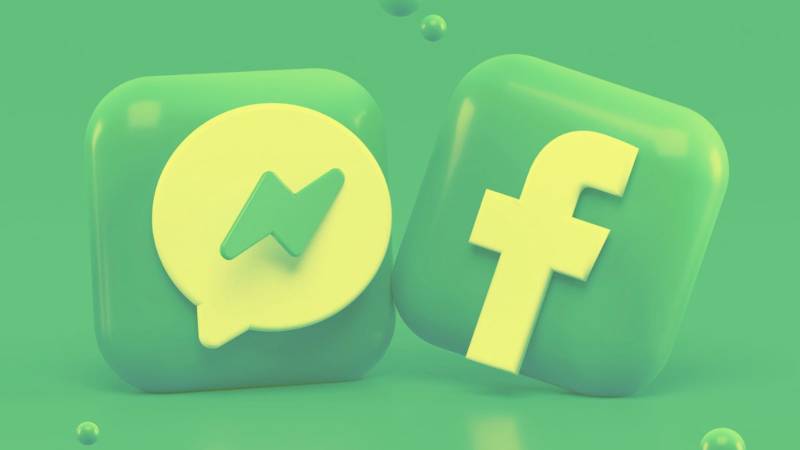
Users of Meta's Facebook and Messenger applications will now automatically receive end-to-end encryption, a significant improvement in security and privacy, the firm said on Wednesday.
The long-awaited release will protect user messages from prying eyes by scrambling their contents for everyone except the intended senders and receivers. However, the idea may spark renewed pushback from government authorities, who have cautioned that making communications more difficult to read may promote illegal activities.
Meta has been open about its ambitions to make encrypted conversations the default option for its messaging networks for years. WhatsApp, the company's other messaging service, switched to encrypted conversations in 2016. In the same year, Messenger enabled encrypted communications on an opt-in basis.
In response to increased scrutiny of platform manipulation concerns and the company's data policies, Meta doubled down on security and privacy solutions in 2019. CEO Mark Zuckerberg put out a privacy-focused agenda for Facebook, WhatsApp, and Instagram in 2019. Instagram will also begin testing opt-in end-to-end encrypted messaging in 2021.
However, it requires a large-scale redesign of Messenger to allow end-to-end encryption by default, according to Meta, explaining why the firm waited so long to implement default encryption for Messenger users.
"This is the biggest set of improvements to Messenger since it was first launched in 2011," said Loredana Crisan, Messenger's CEO, in a blog post, adding that the firm "worked tirelessly to rebuild Messenger features from the ground up."
According to Crisan, the new default settings will prevent even Meta from seeing what users are sending to one another. The upgrade aligns Facebook and Messenger not only with WhatsApp but also with other non-Meta applications that provide similar degrees of security, such as Signal and Apple's iMessage.
